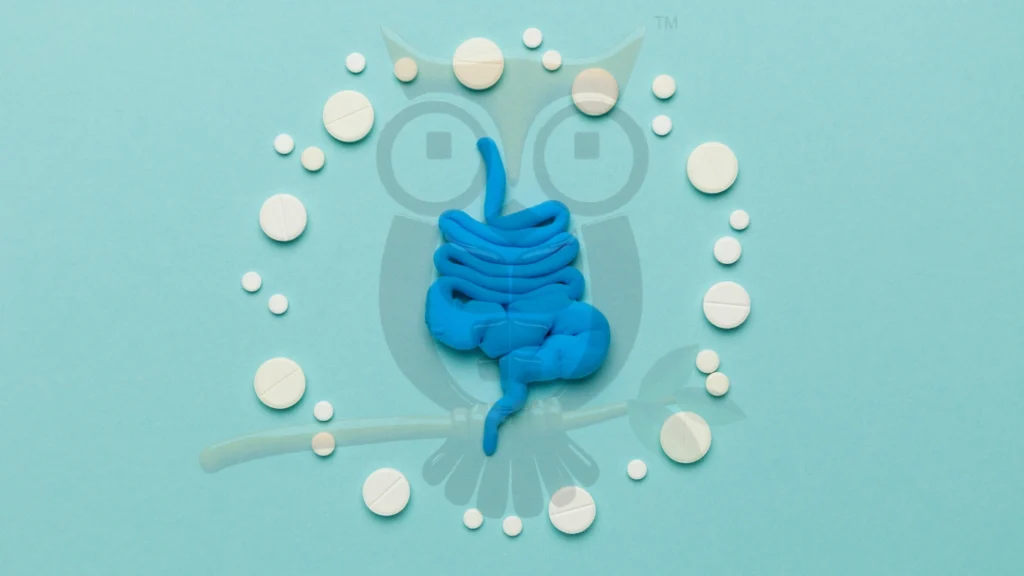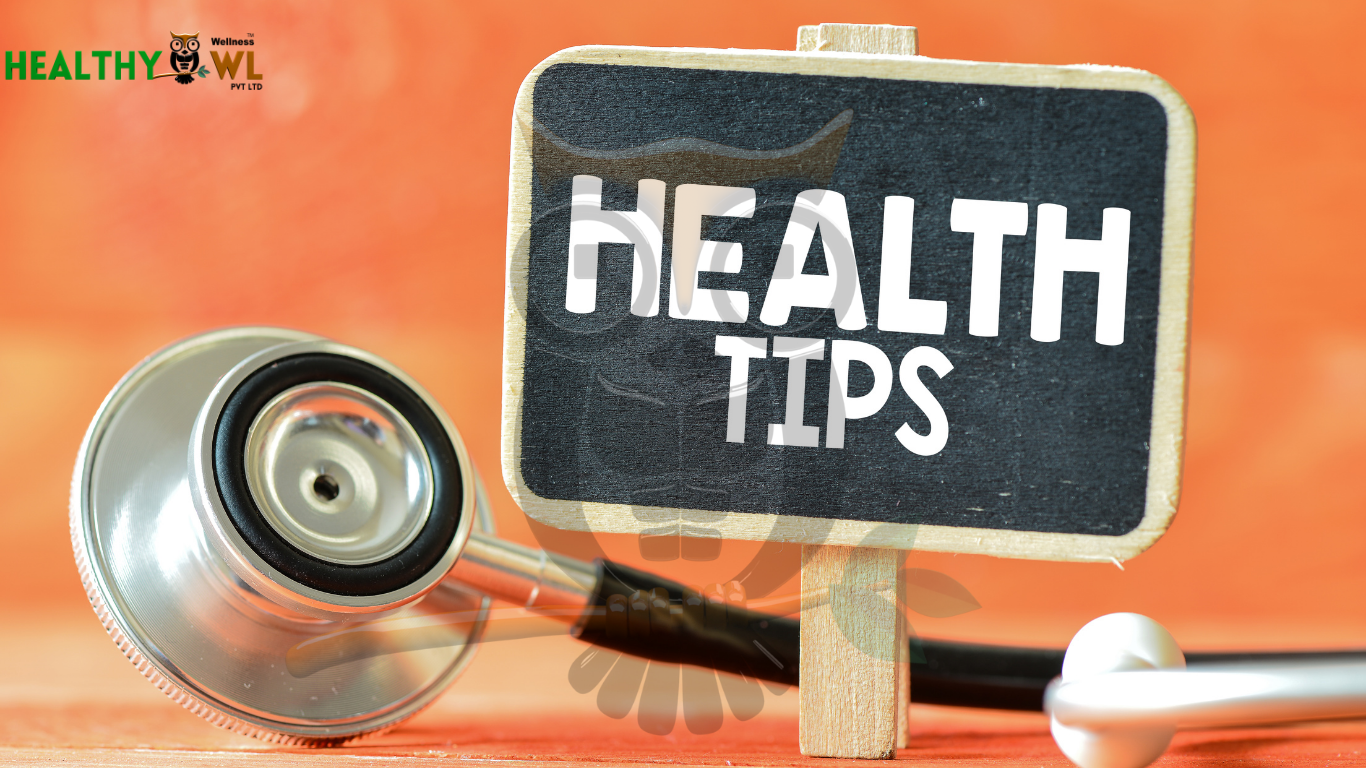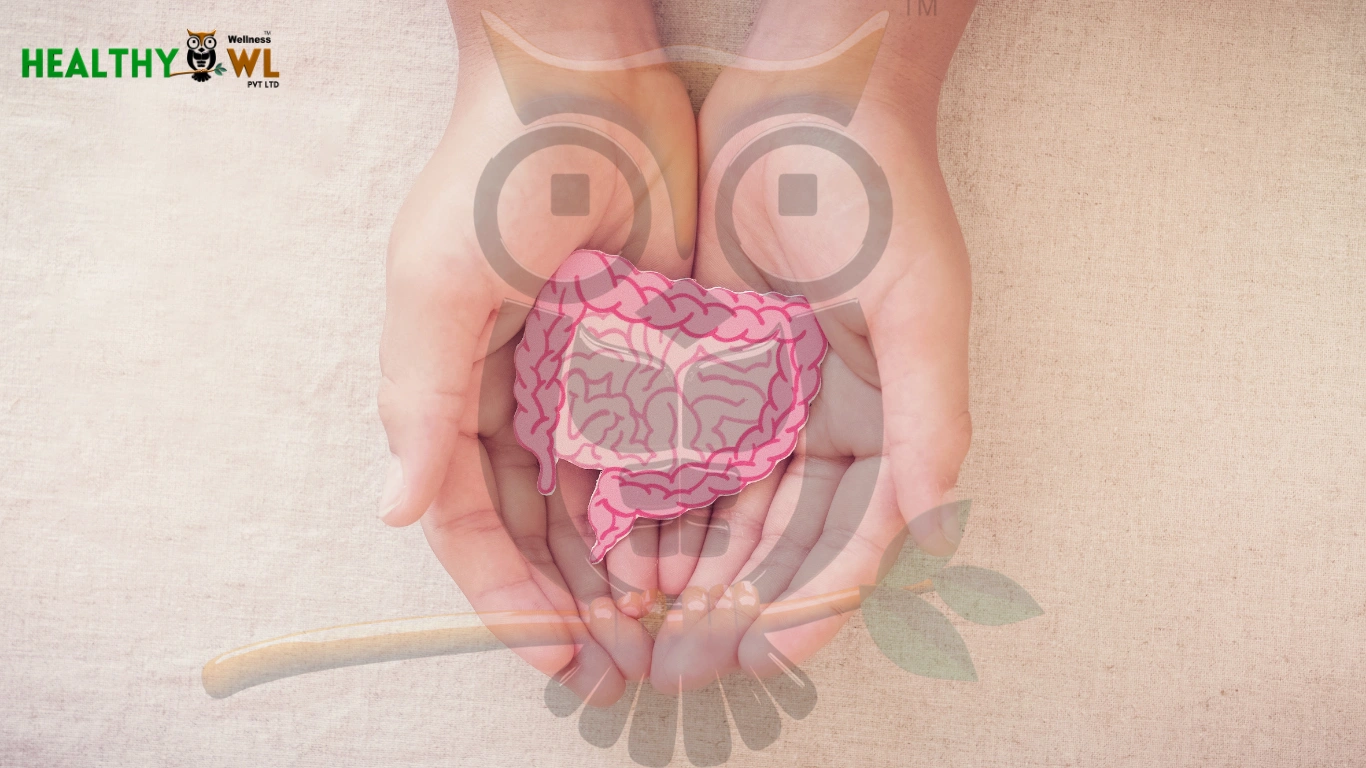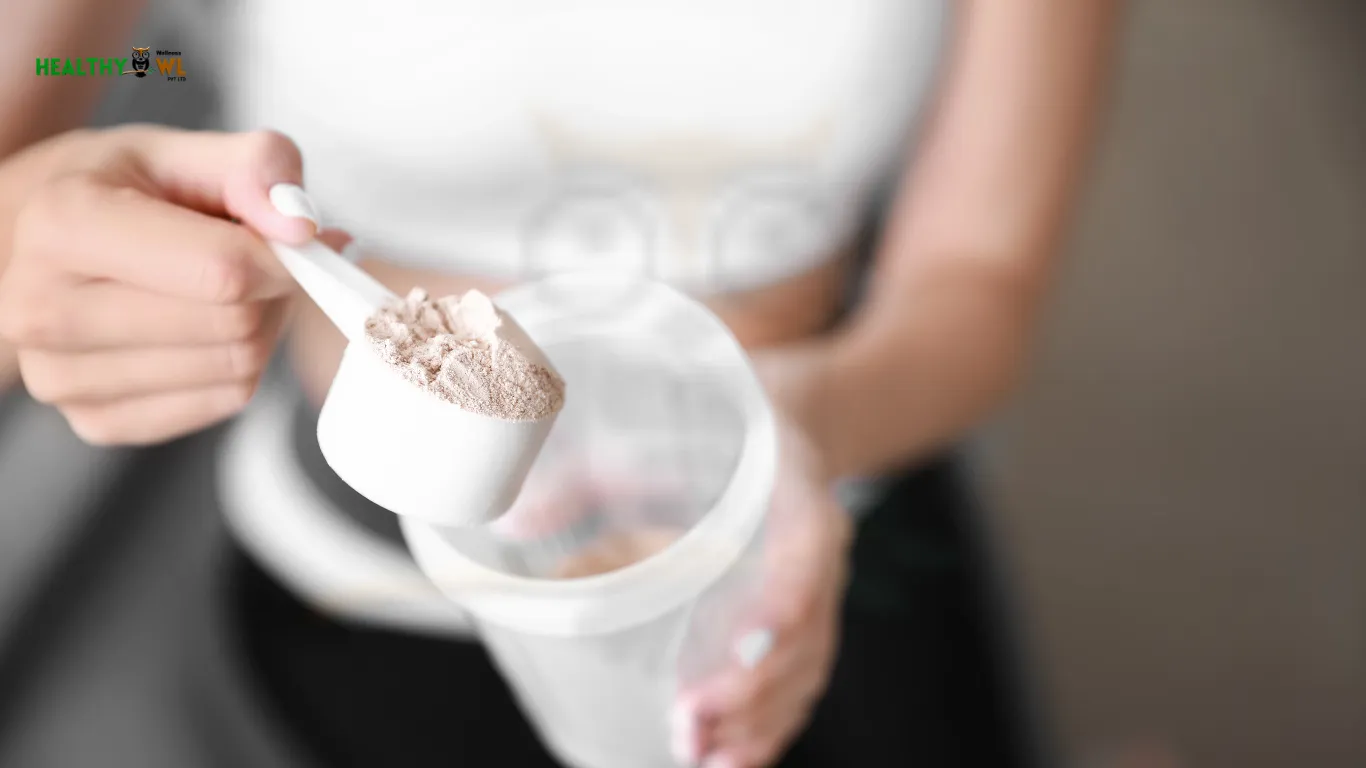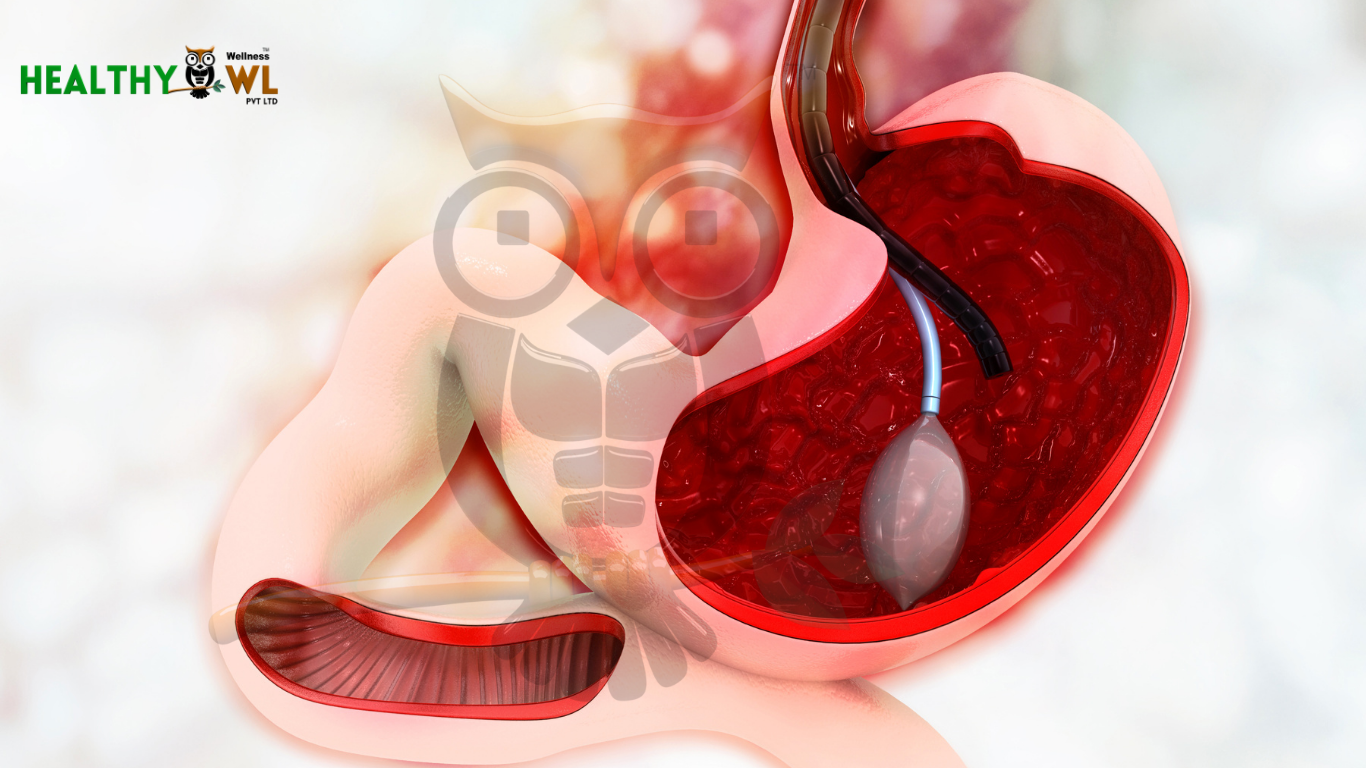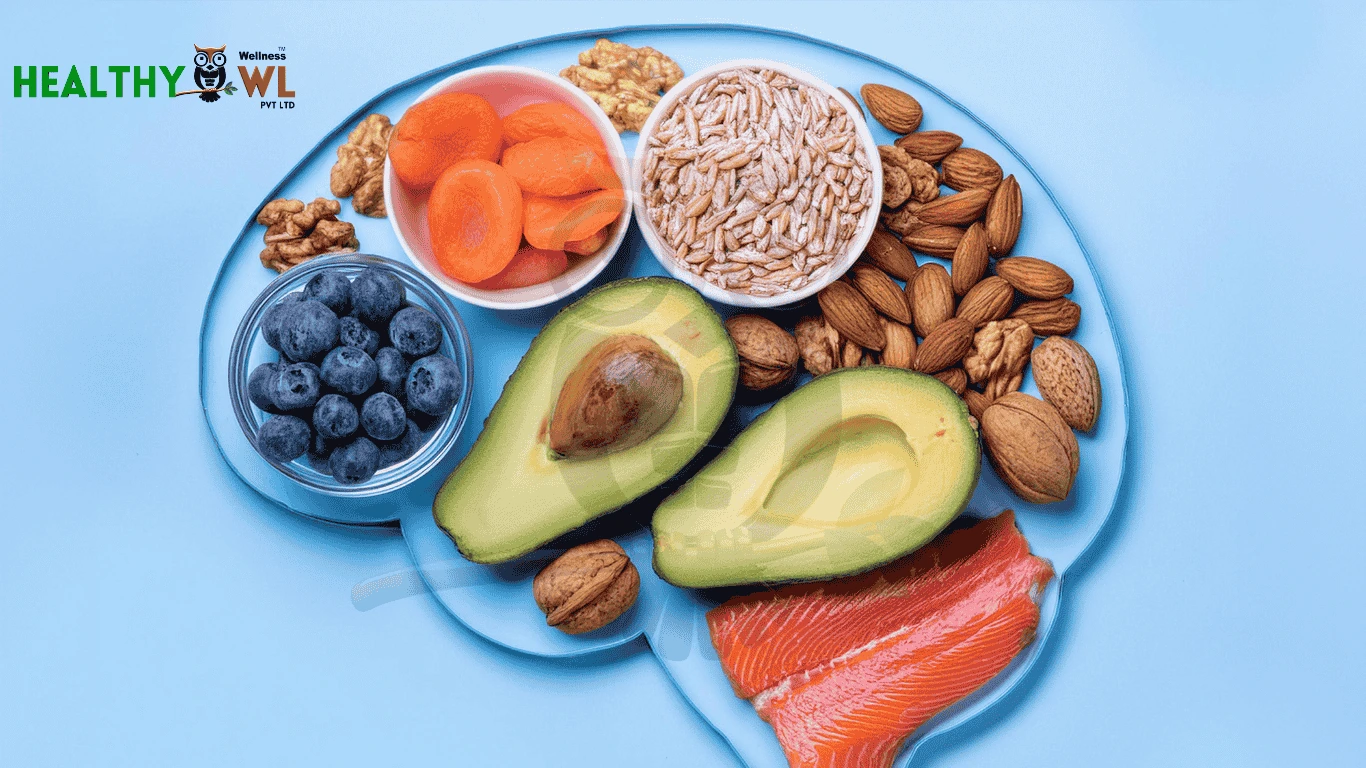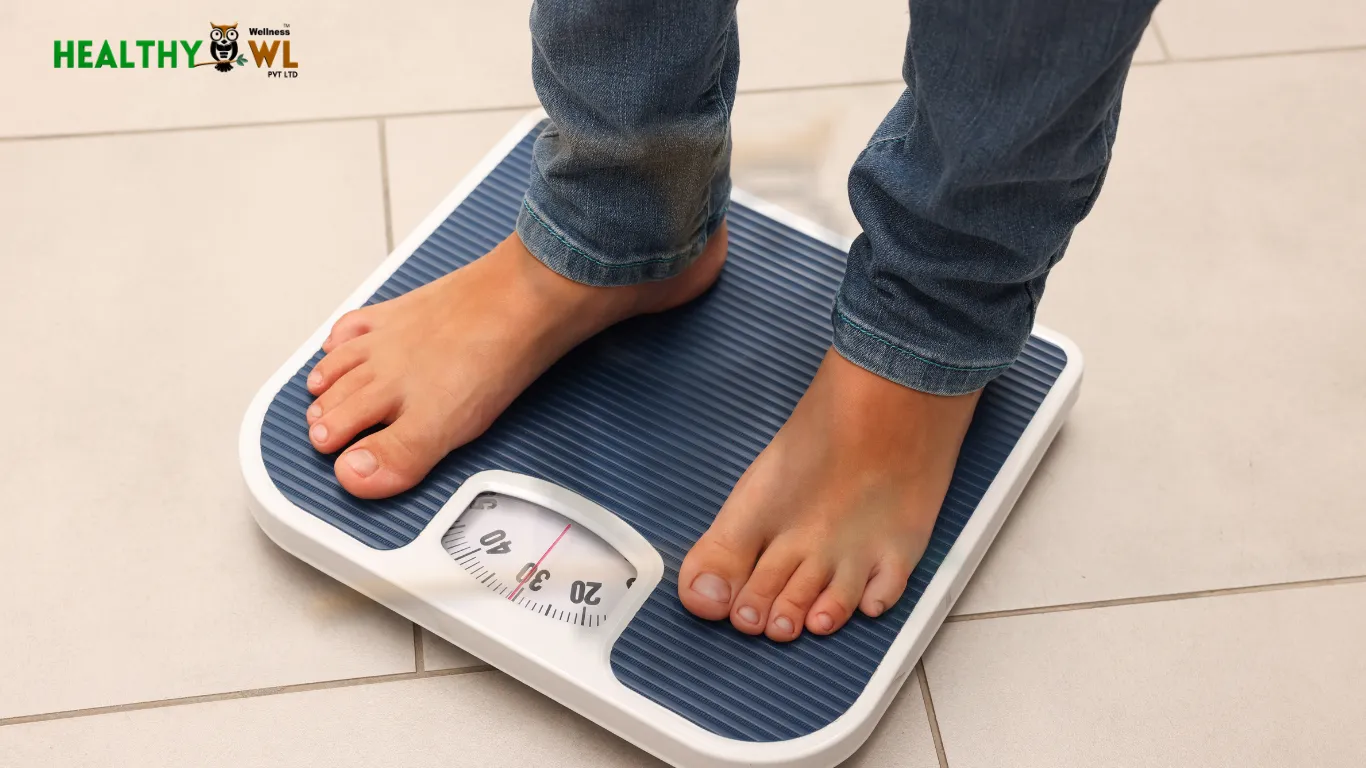Constipation: Gut Problem or Routine Problem?
Constipation is one of those frustrating health issues that can ruin your mood, energy, and even skin health. But here’s the big question, is it a gut problem, or is it your daily routine that’s to blame?
According to Gastroenterology, constipation affects 14–16% of the global population, yet many people are unsure whether the root cause lies in their digestive health or their lifestyle habits.
In this blog, we’ll explore:
- What constipation really is
- Latest research on constipation
- Common causes and symptoms
- How your daily routine affects bowel health
- Best morning habits for gut health
- Natural remedies for constipation
- Why it can happen even with a good diet
- How to prevent constipation
- When to seek medical help
What Is Constipation? (Constipation Meaning & Symptoms)
Constipation occurs when your stools are painful. Or they don’t happen often enough. It’s the most common GI (gastrointestinal) problem.
- Fewer than three bowel movements per week
- Hard, dry, or lumpy stools
- Straining to pass stools
- Feeling of incomplete evacuation
Constipation can be occasional (due to travel, stress, or diet change) or chronic (lasting weeks to months).
What Research Says About Constipation
- A Neurogastroenterology & Motility study found women experience constipation twice as often as men, partly due to hormones.
- The NIDDK lists low fiber intake, dehydration, and inactivity as the top triggers.
- Stress disrupts the gut-brain axis, slowing digestion.
How Constipation Happens (Causes of Constipation)
Constipation occurs when your colon absorbs too much water or your intestinal muscles slow down, causing stools to dry and harden.
Main causes include:
- Poor gut motility
- Low water intake
- Low fiber diet
- Lack of movement
- Hormonal changes or stress
- Ignoring the urge to go
Is My Constipation Due to Poor Routine?
Yes, even with a healthy gut, bad daily habits can cause constipation.
Routine habits that may cause constipation:
- Skipping breakfast
- Not drinking water in the morning
- Staying sedentary all day
- Sleeping late and waking up late
- High stress without relaxation
Best Morning Habits for Gut Health and Constipation Relief
- Drink Warm Water After Waking – Hydrates and stimulates bowel movements.
- Eat Fiber-Rich Breakfast – Oats, chia seeds, papaya.
- Practice Morning Movement – Yoga poses like Pawanmuktasana.
- Set a Bathroom Routine – Go at the same time daily.
- Avoid Phone Scrolling – Reduces stress hormones in the morning.
Why Am I Constipated Even with a Good Diet?
You may still get constipated if:
- You eat too much fiber without enough water
- You have food intolerances (dairy, gluten)
- You are inactive
- Medications like painkillers or iron supplements slow digestion
- You have gut microbiome imbalance (gut dysbiosis)
How to Fix Constipation Naturally
Natural remedies for constipation:
- Drink 2–3 liters of water daily
- Eat prebiotics & probiotics (yogurt, kefir, sauerkraut, bananas)
- Add soluble fiber (oats, chia, flaxseeds, psyllium husk)
- Exercise daily for at least 30 minutes
- Practice stress management (meditation, deep breathing)
- Use squat position when using the toilet
Myths and Truths about Constipation
There’s a lot of “bathroom advice” out there, but not all of it is true. Let’s clear up a few common myths:
Myth 1: Only fiber can fix constipation
Truth: While fiber is important, hydration, regular physical activity, and balanced gut bacteria also play key roles. Eating fiber without enough water can actually make constipation worse by hardening stools.
Myth 2: Drinking coffee is the best way to relieve constipation
Truth: Coffee can stimulate bowel movements for some people, but relying on it daily can lead to dependency and even dehydration if overconsumed. It’s better to focus on hydration, balanced meals, and movement.
Myth 3: Putting oil in the navel can cure constipation
Truth: Applying oil to the navel is a traditional remedy in some cultures, believed to hydrate internal organs and stimulate digestion. While it may moisturize the skin and offer a relaxing ritual, there’s no strong scientific evidence that it directly relieves constipation. Constipation relief still depends more on hydration, diet, movement, and gut health.
Myth 4: Your belly button shape doesn’t say anything about your digestion.
Truth: While it’s not a medical diagnosis, your belly button shape might give some clues about digestion speed and core strength. For example:
- Outie Belly Button – Often linked with stronger abdominal wall tone and potentially quicker digestion.
- Innie Belly Button – May indicate a tendency toward slower digestion, especially if paired with sedentary habits.
- Horizontal Shape – Sometimes linked with weaker core muscles, which can affect posture and bowel movement ease.
Of course, science hasn’t confirmed this — it’s more of a fun observation to help you tune into your body’s signals.
What do you think – does your belly button match your digestion style?
Can Constipation Be Prevented? (Prevention Tips)
Yes, in most cases, constipation can be prevented with the right lifestyle habits. Here’s how:
- Stay Hydrated – Drink water regularly, not just when you feel thirsty.
- Eat Enough Fiber – Aim for 25–30g daily from fruits, vegetables, legumes, and whole grains.
- Move Your Body – Walk, stretch, or do light exercise daily.
- Establish a Bathroom Routine – Train your body to go at the same time each day.
- Manage Stress – Practice relaxation techniques to keep the gut-brain connection healthy.
- Avoid Overuse of Laxatives – They can weaken your natural bowel reflex over time.
When Should I See My Doctor for Constipation?
Constipation is usually harmless and temporary, but you should seek medical advice if you have:
- Constipation lasting more than 3 weeks
- Severe abdominal pain or bloating
- Blood in stool or black, tarry stools
- Unexplained weight loss
- Vomiting with constipation
- Sudden change in bowel habits without clear reason
These could be signs of underlying health issues like IBS, thyroid disorders, colon polyps, or even colorectal cancer, so it’s best to get checked.
What Your Routine Says About Your Digestion
If your lifestyle is irregular, your bowel movements will be irregular too.
A consistent sleep, hydration, and movement schedule trains your gut to work on time, just like a train that runs on schedule.
Why Bloating Gets Worse in the Evening
If you’ve ever noticed your stomach feels flatter in the morning but puffy by evening, you’re not alone. Evening bloating can happen due to:
- Posture – Slouching all day compresses your intestines, slowing movement.
- Stress Levels – The day’s accumulated stress can tighten your gut muscles.
- Dinner Timing – Eating late means digestion overlaps with bedtime, slowing transit.
- Food Choices – Salty snacks, carbonated drinks, or heavy dinners cause water retention and gas build-up.
Tip: Light evening walks, mindful eating, and avoiding heavy meals late at night can help keep bloating in check.
FAQ – Constipation and Gut Health
Q1: How can I tell if constipation is from my gut or my routine?
If constipation improves when you fix your sleep, hydration, and activity habits, it’s likely a routine problem. If not, gut health may be the cause.
Q2: Can stress cause constipation?
Yes, stress impacts the gut-brain axis, slowing digestion.
Q3: How much water should I drink to prevent constipation?
Most adults need 2–3 liters daily, but more if you eat high fiber.
Q4: Are bananas good for constipation?
Ripe bananas (yellow with brown spots) can help due to soluble fiber. Green bananas may worsen constipation.
References
- Bharucha AE, et al. “Constipation in Adults.” Gastroenterology. 2020.
- National Institute of Diabetes and Digestive and Kidney Diseases. “Constipation.”
- Rao SSC, et al. “Pathophysiology and Management of Constipation.” Neurogastroenteroloy & Motility. 2016.


